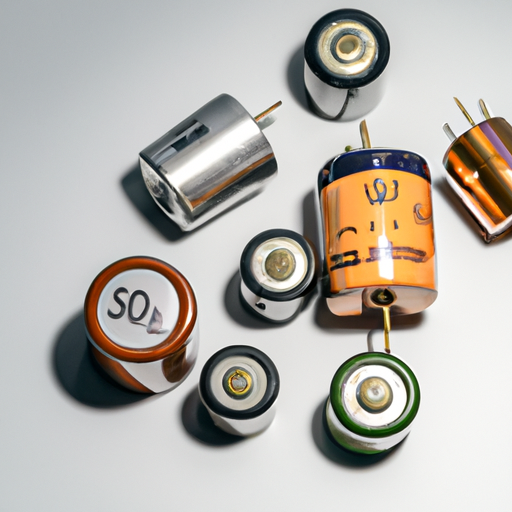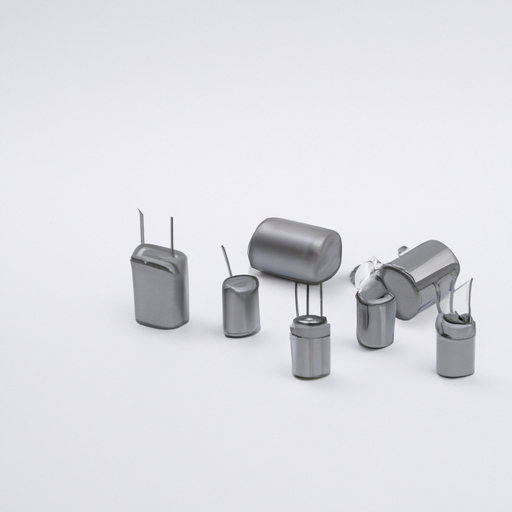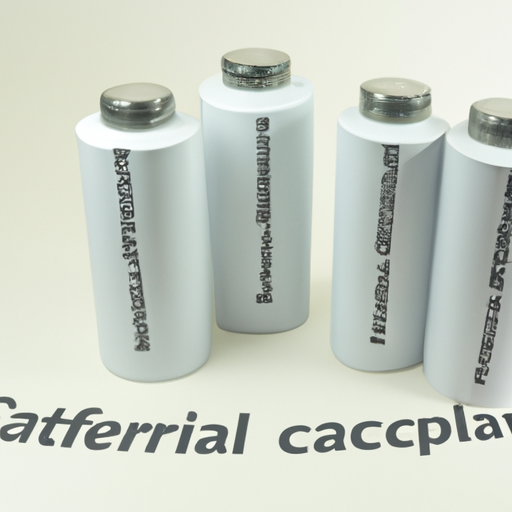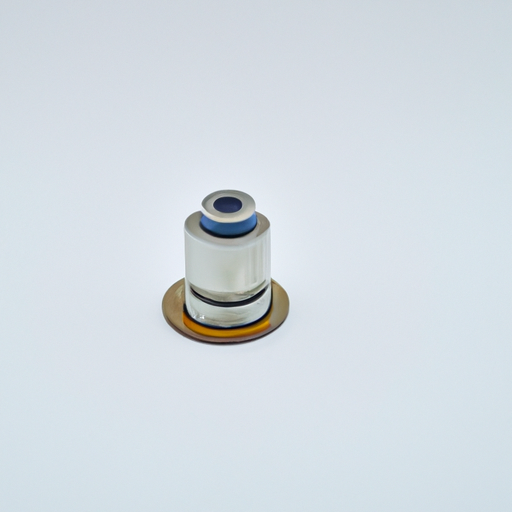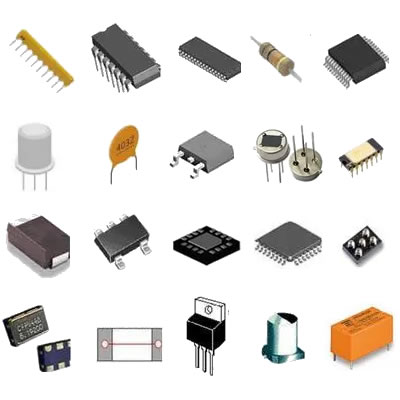What industries are the application scenarios of power capacitors included in?
What Industries Are the Application Scenarios of Power Capacitors Included In?
I. Introduction
Power capacitors are essential components in electrical systems, playing a crucial role in enhancing the efficiency and stability of power delivery. These devices store electrical energy and release it when needed, making them vital for various applications across multiple industries. This blog post will explore the diverse industries where power capacitors are applied, highlighting their significance and the evolving landscape of their applications.
II. Overview of Power Capacitors
A. Types of Power Capacitors
Power capacitors come in several types, each designed for specific applications:
1. **Fixed Capacitors**: These capacitors have a constant capacitance value and are commonly used in power factor correction and energy storage applications.
2. **Variable Capacitors**: These allow for adjustable capacitance, making them suitable for tuning circuits and applications requiring flexibility.
3. **Power Factor Correction Capacitors**: Specifically designed to improve the power factor in electrical systems, these capacitors help reduce energy losses and enhance system efficiency.
B. Key Functions of Power Capacitors
Power capacitors serve several key functions in electrical systems:
1. **Energy Storage**: They store electrical energy and release it when required, helping to stabilize voltage levels and improve system reliability.
2. **Power Factor Correction**: By compensating for reactive power, power capacitors improve the power factor, leading to reduced energy costs and enhanced system performance.
3. **Voltage Regulation**: Capacitors help maintain voltage levels within acceptable limits, ensuring the smooth operation of electrical equipment.
4. **Harmonic Filtering**: They can filter out unwanted harmonics in electrical systems, improving power quality and reducing stress on equipment.
III. Industrial Applications of Power Capacitors
A. Power Generation Industry
In the power generation industry, power capacitors play a vital role in generating stations. They enhance the efficiency and stability of power generation by providing reactive power support, which is essential for maintaining voltage levels. Capacitors help balance the load and improve the overall performance of generating units, ensuring a reliable power supply.
B. Power Transmission and Distribution
Power capacitors are crucial in the transmission and distribution of electricity. They provide voltage support in transmission lines, helping to maintain stable voltage levels over long distances. Capacitor banks are commonly installed in substations to improve power quality, reduce losses, and enhance the reliability of the electrical grid.
C. Renewable Energy Sector
The integration of renewable energy sources, such as solar and wind power, has increased the demand for power capacitors. In solar power systems, capacitors help manage fluctuations in power output and improve the overall efficiency of the system. Similarly, in wind energy applications, capacitors support voltage regulation and enhance the stability of the power supply.
D. Manufacturing and Heavy Industries
In manufacturing and heavy industries, power capacitors are used extensively in electric motors and drives. They improve power quality, reduce energy consumption, and enhance the performance of industrial equipment. Capacitors also play a critical role in power factor correction, helping to minimize energy costs and improve operational efficiency.
E. Transportation Sector
The transportation sector is increasingly relying on power capacitors, particularly in electric vehicles (EVs) and rail systems. In EVs, capacitors are used for energy storage and power management, enabling efficient operation and extended driving range. In rail systems and trams, capacitors help maintain voltage stability and improve overall system performance.
IV. Commercial Applications of Power Capacitors
A. Commercial Buildings
In commercial buildings, power capacitors contribute to energy efficiency in HVAC systems and lighting systems. By improving power factor and reducing energy losses, capacitors help lower operating costs and enhance the overall performance of electrical systems.
B. Data Centers
Data centers require high levels of power quality management to ensure the reliability of their operations. Power capacitors play a crucial role in stabilizing voltage levels and providing backup power solutions, helping to prevent downtime and maintain data integrity.
C. Telecommunications
In the telecommunications industry, power capacitors are essential for signal processing and power supply stability. They help filter out noise and maintain consistent voltage levels, ensuring reliable communication and data transmission.
V. Consumer Electronics and Appliances
A. Role in Household Appliances
Power capacitors are integral to many household appliances, including refrigerators, air conditioners, and washing machines. They help improve energy efficiency, enhance performance, and ensure the reliable operation of these devices.
B. Consumer Electronics
In consumer electronics, power capacitors are used in audio equipment, televisions, and computers. They help stabilize power supply, improve sound quality, and enhance the overall performance of electronic devices.
VI. Emerging Applications and Future Trends
A. Smart Grids and IoT Integration
The rise of smart grids and the Internet of Things (IoT) is creating new opportunities for power capacitors. These technologies require advanced power management solutions, and capacitors will play a crucial role in ensuring efficient energy distribution and consumption.
B. Electric and Hybrid Vehicles
As the demand for electric and hybrid vehicles continues to grow, power capacitors will become increasingly important in energy storage and management systems. Their ability to provide quick bursts of power will enhance the performance and efficiency of these vehicles.
C. Energy Storage Systems
The development of energy storage systems, including batteries and supercapacitors, is another emerging application for power capacitors. These systems will play a vital role in balancing supply and demand in electrical grids, particularly as renewable energy sources become more prevalent.
D. Advancements in Capacitor Technology
Ongoing advancements in capacitor technology, such as the development of new materials and designs, will further enhance the performance and applications of power capacitors. These innovations will enable more efficient energy storage, improved power quality, and greater reliability in electrical systems.
VII. Conclusion
In summary, power capacitors are integral to a wide range of industries, from power generation and transmission to consumer electronics and transportation. Their ability to store energy, improve power quality, and enhance system efficiency makes them essential components in modern electrical systems. As industries continue to evolve and embrace new technologies, the importance of power capacitors will only grow, paving the way for future innovations and applications.
VIII. References
A comprehensive list of academic journals, industry reports, and technical standards will provide further insights into the applications and advancements of power capacitors across various sectors.
---
This blog post provides a detailed exploration of the industries where power capacitors are applied, emphasizing their significance and the future trends shaping their use. Each section can be expanded with specific examples and case studies to enhance the content further.


